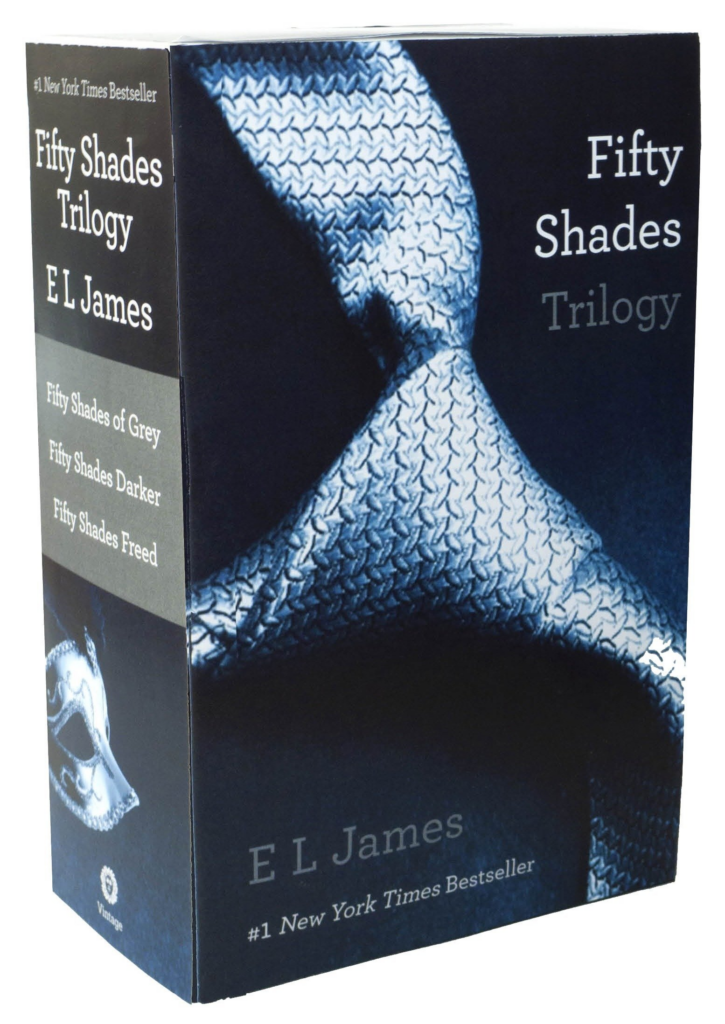Don’t blurb bad books

It’s a terrible spot to be in: a friend has asked you to provide an endorsement blurb for their book, but when you begin to read it, you realize it’s no good. Whether the premise is wrong, the organization is poor, or the writing is tedious, it’s not a book you want your name on.
What can you do?
Never promise a blurb
When you’re first approached to provide a blurb, never say yes. Say “I’ll be happy to read it and I’ll do the best I can to get you a blurb by your deadline.”
You need an out if the book is no good — and you won’t know that until you read it (or at least part of it). Don’t promise what you’re not sure you can deliver.
Don’t endorse a bad book
You could always write a great blurb for a book you know is bad. Don’t do this. Because your public persona is at stake.
Every reader who reads that positive blurb and finds the book lame will think less of you. Your reputation is worth more than one blurb.
If you do this anyway, you’ll feel bad about it for a long time (assuming, that is, that you have a conscience). It’s not worth it, no matter how much the author means to you.
Don’t tell the truth about a bad book
You could always write a bad or mixed review.
“Hey, fellow author. Here’s my blurb: ‘This book was created in earnest, but is totally unreadable. The premise is deluded and the case studies are dishonest. No one should buy this!’ “
I doubt that’s going to appear on the back of the book. You’ve also damaged your relationship with the author. So don’t do that.
And don’t write a mixed review of a bad book. “This book is way too long and poorly organized. That said, I found the idea fascinating and the case studies captivating.”
The author, receiving that, will just put the words “fascinating and captivating” on the back of the book with your name under them. And they’ll still resent you. Readers will wonder why you endorsed a weak book, and you’ll still have damaged a friendship. That’s less than ideal.
Do praise what you can
While few books are perfect, many are worthwhile. If the book is flawed but recommendable, you can still blurb it. “A worthy addition to the field.” “Full of useful advice.” “Disturbing and thought-provoking.”
If you’d be willing to put your name on a quote because the book is worthwhile, find a way to praise it while telling the truth.
Make an excuse
Most people in this situation just say they got too busy and just couldn’t put in the required effort to review the book and write a good blurb. It’s a white lie. But it saves face for everyone involved.
(If you get a lot of responses like this to your requests for blurbs, your book may have a quality problem.)
The challenge of honest feedback
You can absolutely make a positive impact by providing feedback to an author. If the book isn’t close to done and the deadline is still a few months off, you can help an author with advice about content, structure, or writing.
You should only do this if the author asks for it. Asking for advice is different from asking for an endorsement. You may have a frank and uncomfortable conversation, but at least the author has communicated an openness to feedback and change.
This is very different from the request for an endorsement. Endorsement requests typically come so late in the process that meaningful change in the book is impossible. So don’t provide substantive feedback in place of a blurb — it’s futile.
For Project Management in the Hybrid Workplace, I contacted a prominent PM expert who agreed to blurb the book. She provided an enthusiastic one and then inexplicably offered a decidedly mixed review a few months later on her website.
It struck me as more than a little odd, and I explained the situation to a few friends.
One of them asked, “Where’s she from?”
“England,” I responded.
“That explains it,” my friend said. “That’s not uncommon.”
Ha! I was just going to ask you for a blurb for my next book, Josh!
There’s always Abe Lincoln’s famous review of a less than wonderful book: “People who like this sort of thing will find this the sort of thing they like.”
I like the stance you take on looking for the good to focus on. We all need that.